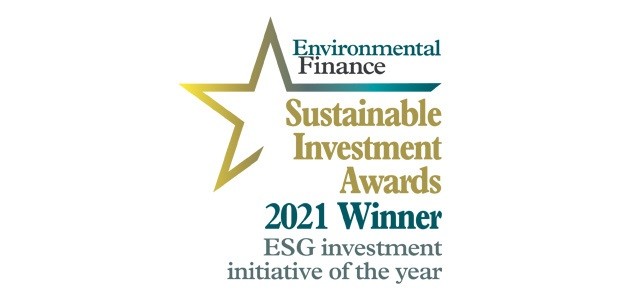An industry-led partnership facilitating the financial industry to transparently asses and disclose their impact and dependency on biodiversity.
There is a growing awareness among financial institutions that impacts and dependencies on biodiversity play a crucial role, both from a risk and from an opportunity perspective. Economic sectors both impact on biodiversity and depend on the ecosystem services nature provides. Yet these services are increasingly at risk due to accelerating biodiversity loss. Financial institutions have a crucial role to play. Through their investments and finance activities, they can support the conservation and sustainable use of biodiversity, contributing not only to the biodiversity targets of the Convention on Biological Diversity (CBD), but also to the reduction of investment and financing risks. For financial institutions to take up this role, the availability of science based, reliable data on the impacts on biodiversity is an important precondition.
To achieve this, PBAF defines what is needed from data and tools to deliver science based, robust and consistent information on the impact of financial institutions on biodiversity in the 'PBAF Standard'. The Standard supports financial institutions to assess, manage and disclose impacts and dependencies on biodiversity of their loans and investments.
In 2050, loans and investments by financial institutions have
substantially shifted to economic activities that use biodiversity in a
sustainable way or contribute to the conservation and recovery of biodiversity,
in line with the targets of the Global Biodiversity Framework.
The Partnership for Biodiversity Accounting Financials (PBAF) is an independent foundation based in the Netherlands and a sister-initiative of PCAF (the Partnership for Carbon Accounting Financials), which has now grown into a truly worldwide initiative. PCAF and PBAF are actively supported by the Dutch government, strengthening the initiative’s linkages to the international policy level (EC, CBD) and related initiatives in the financial sector. PBAF aligns and cooperates constantly with these initiatives in the financial sector like the European Align project, the Taskforce for Nature related Financial Disclosures (TNFD) and the Finance for Biodiversity Foundation.
PBAF's primary aim is to develop the ‘PBAF Standard’. The PBAF Standard supports financial institutions to assess and disclose impact and dependencies on biodiversity of loans and investments. It can be used as a reference point by financial institutions, data providers and tool developers when developing and using measurement methodologies and tools. It also provides practical guidance to financial institutions to manage and report on biodiversity related risks and opportunities and contribute to the conservation and sustainable use of biodiversity.
The development of the Standard started in 2019 and is led and supported by a group of PBAF-partners and supporters, now totaling 76 financial institutions from 22 countries (June 2025).

PBAF is a non-profit foundation with a board of directors that was set up with the goal to provide a solid and scalable platform fit for growth and suited to accomplishing the partnership’s objectives. PBAF's primary aim is to develop the ‘PBAF Standard’. The PBAF Standard supports financial institutions to assess and disclose impact and dependencies on biodiversity of loans and investments.
The PBAF organization is supported by its core partners, supporters, external experts and a Sounding Board of NGO’s, Academia, and other Stakeholders. The group of Core Partners function as the ambassadors of the PBAF and support the adaptation, strategy and growth of the PBAF.
The sounding board provides feedback on the draft standard during the consultation rounds. PBAF’s organization consists of the Board of director, the Program director, the Program manager and the Secretariat, which is in charge of the Program Management and the Administration & Communication.
More information about the PBAF Governance Structure can be found below.

Chair
Manager Sustainability Strategy and Policy, ASN Bank

Director and Sustainability Advisor, GlobalBalance

Secretary
Executive Director, Capitals Coalition

Carbon Management and Climate Resilience Specialist / Environmental Sustainability Manager, FirstRand Limited

Treasurer
Head of Sustainable Fixed Income, Franklin Templeton